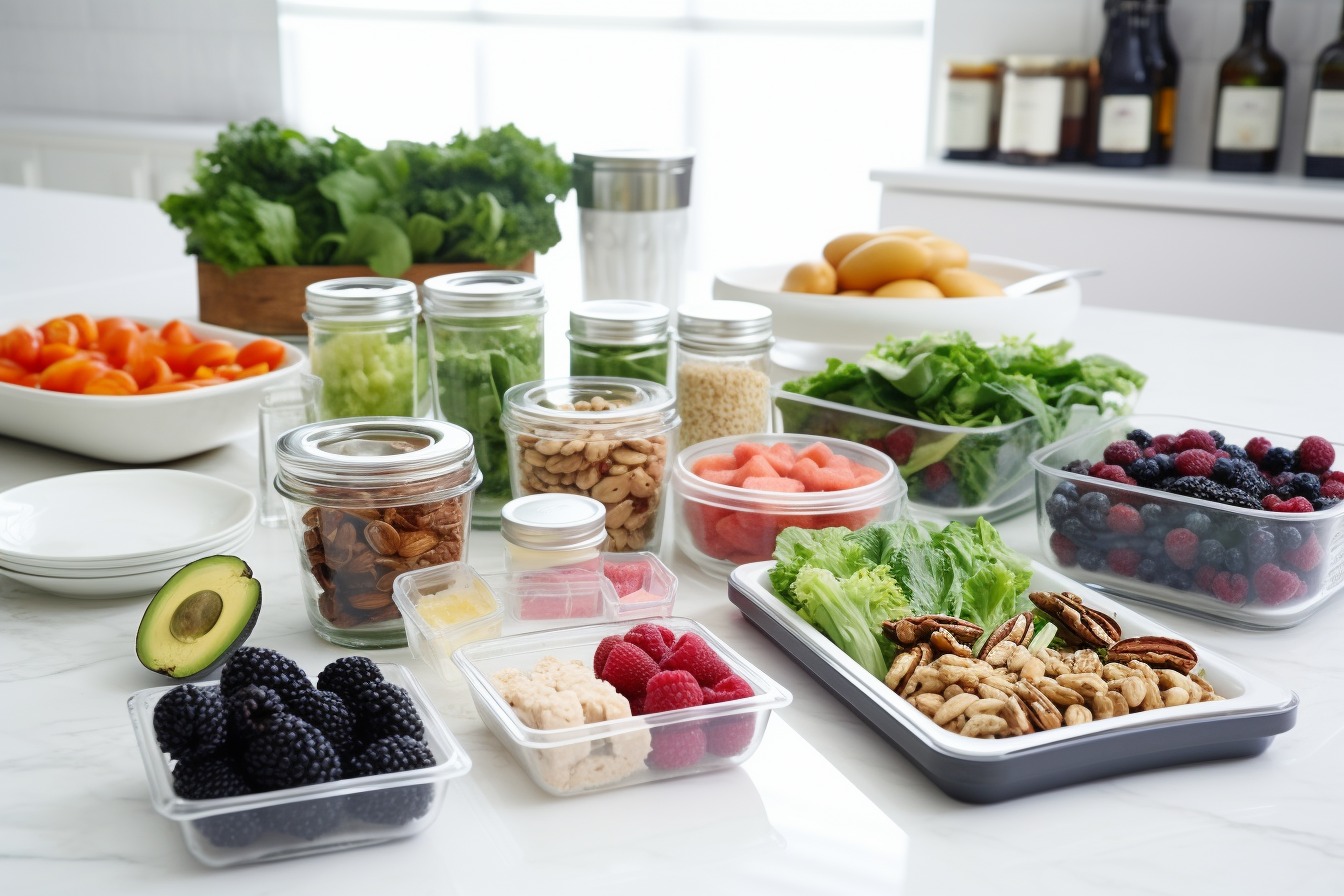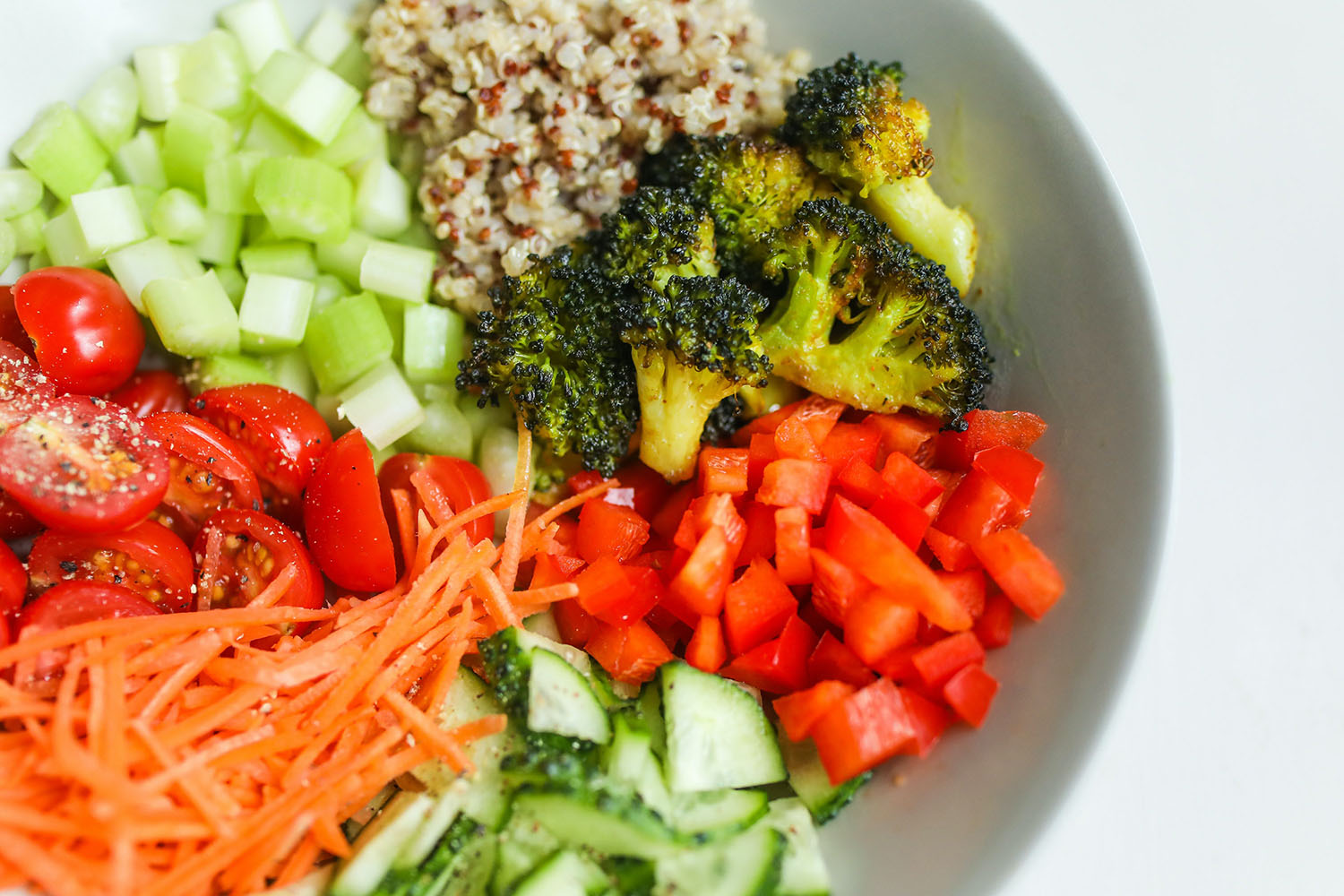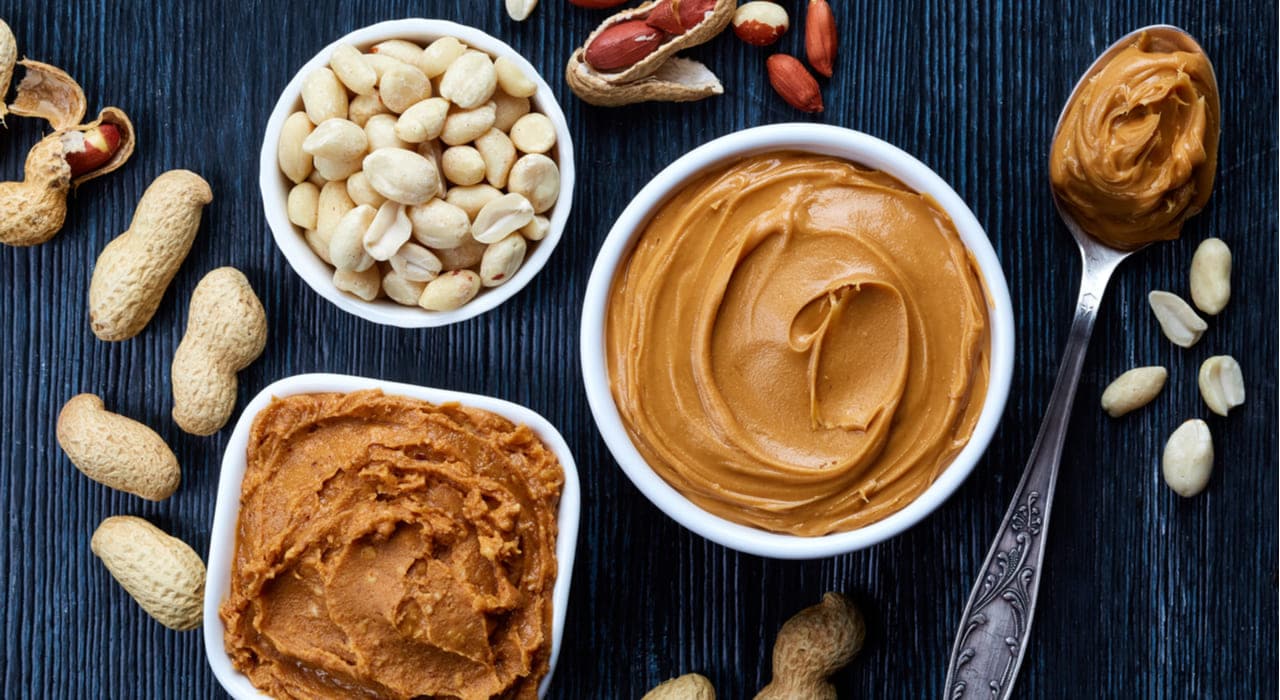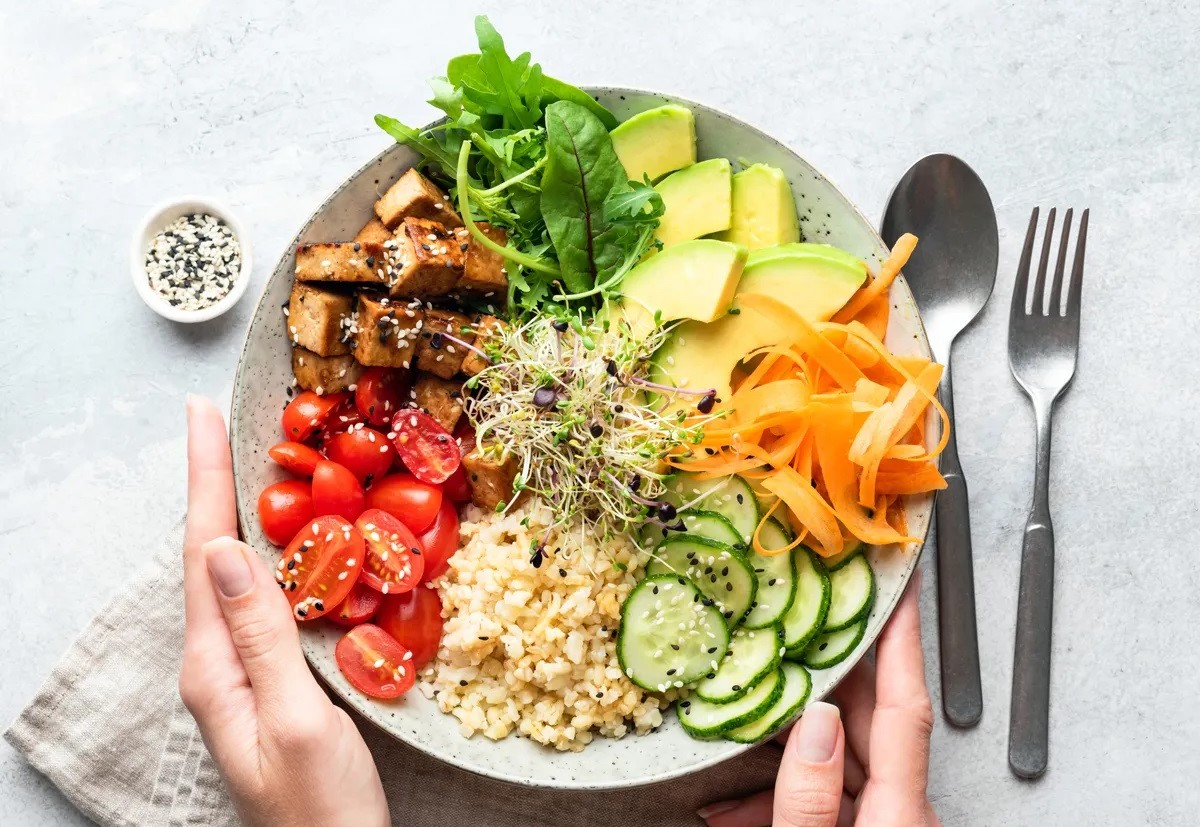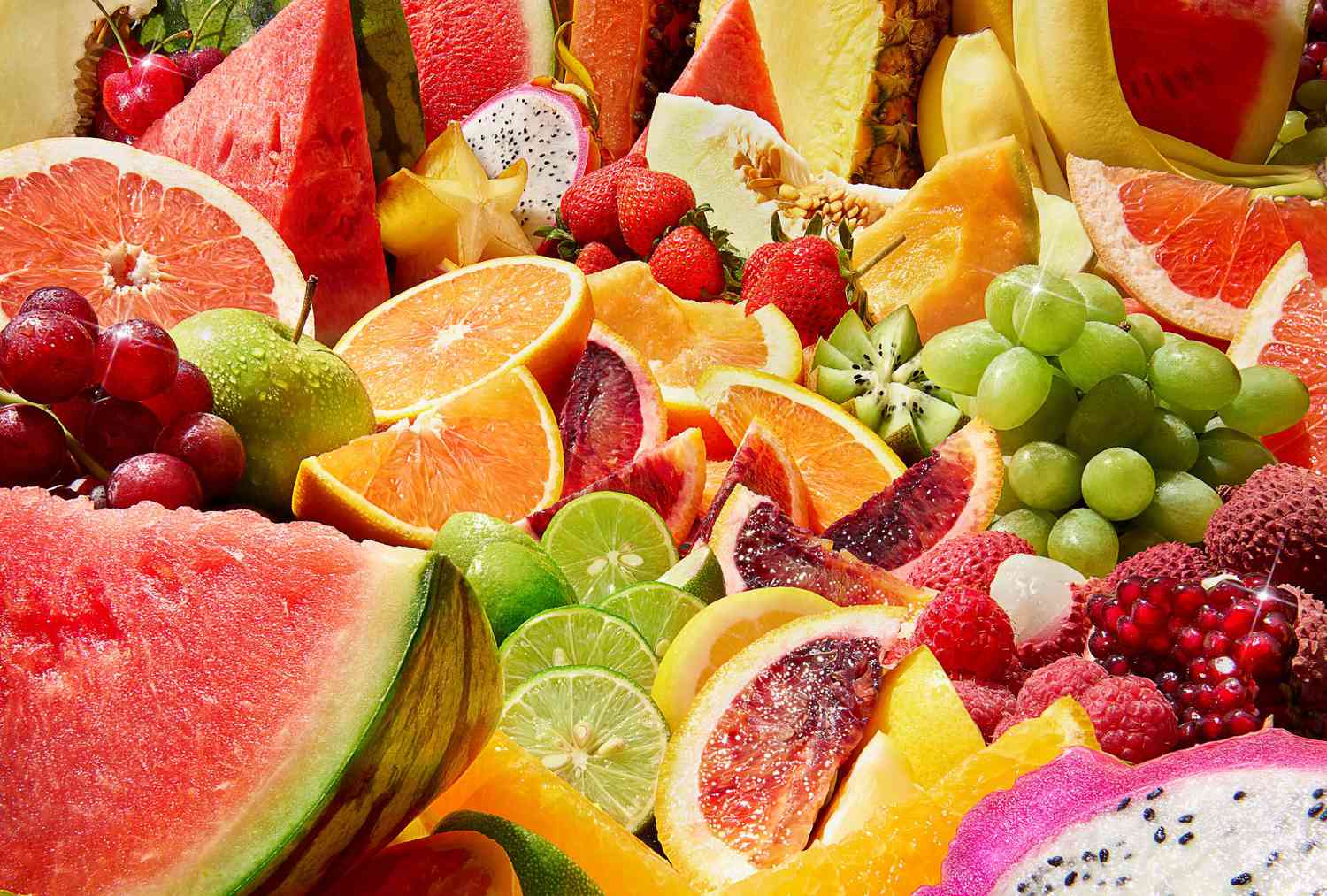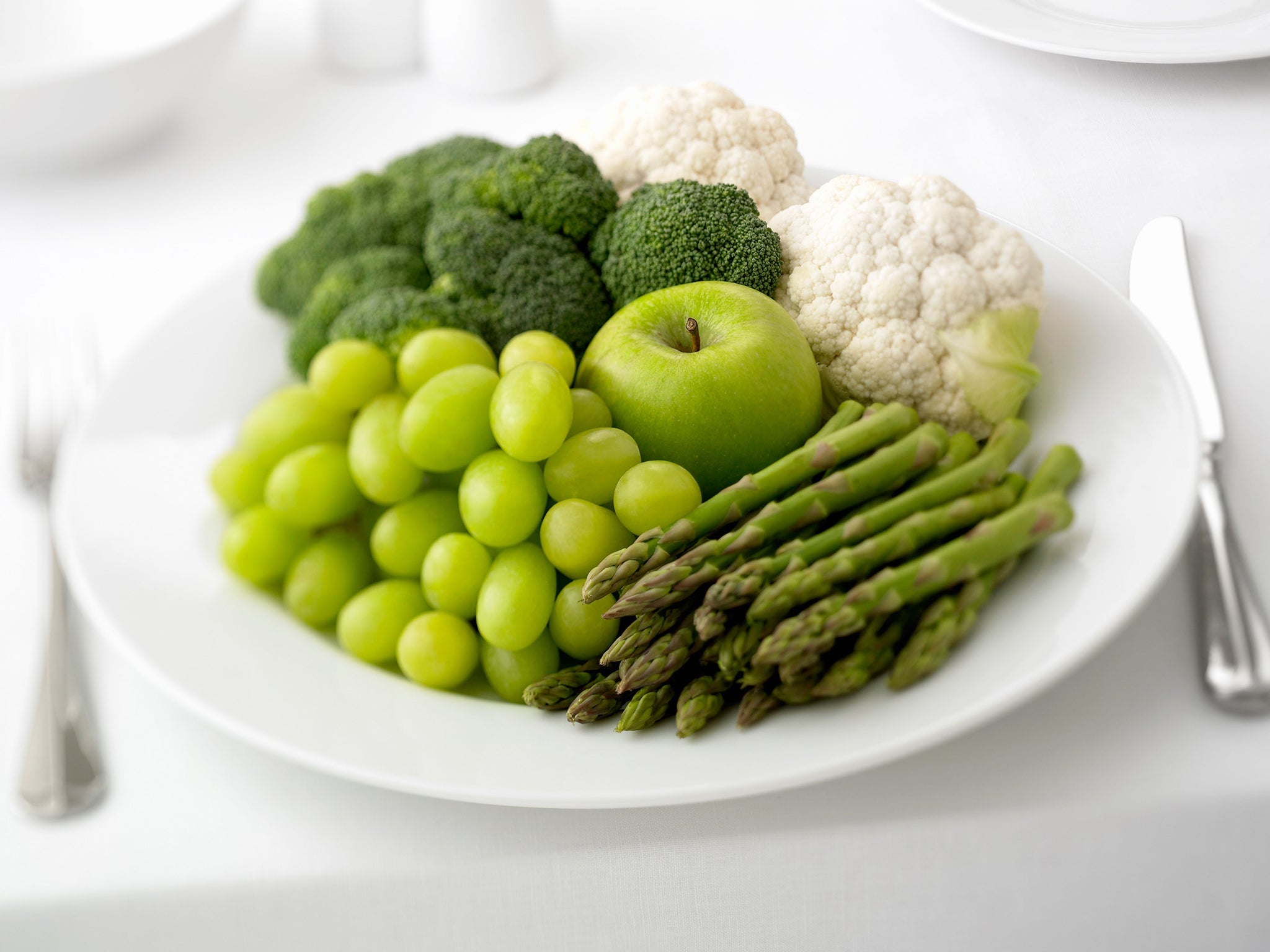Transform Your Eating Habits to Lose Weight and Feel Great
Are you looking to shed some extra pounds and improve your overall health? One of the most effective ways to achieve these goals is by making changes to your eating habits. By incorporating nutrient-dense foods and making mindful choices, you can eat better and lose weight without feeling deprived. Here are some tips to help you get started on your journey to a healthier lifestyle:
Focus on Nutrient-Dense Foods
When it comes to eating better and losing weight, the quality of your food choices is key. Instead of focusing on calorie counting, shift your attention to consuming nutrient-dense foods that provide essential vitamins, minerals, and antioxidants. These foods not only nourish your body but also keep you feeling full and satisfied, making it easier to manage your weight.
Key Nutrient-Dense Foods to Include in Your Diet:
- Fresh fruits and vegetables
- Lean proteins such as chicken, fish, and tofu
- Whole grains like quinoa, brown rice, and oats
- Healthy fats from avocados, nuts, and olive oil
- Dairy or dairy alternatives for calcium and vitamin D
Practice Mindful Eating
Mindful eating involves paying attention to the sensory experience of eating and being fully present during meals. By slowing down and savoring each bite, you can better tune in to your body’s hunger and fullness cues, which can prevent overeating and promote weight loss. Additionally, mindful eating can enhance your overall enjoyment of food and reduce stress-related eating.
Tips for Practicing Mindful Eating:
- Turn off distractions such as TV and phones during meals
- Chew your food slowly and savor the flavors
- Pay attention to feelings of hunger and fullness
- Express gratitude for the nourishment your food provides
Stay Hydrated and Limit Sugary Drinks
Proper hydration is essential for overall health and can support your weight loss efforts. Drinking an adequate amount of water throughout the day can help control hunger, boost metabolism, and improve digestion. On the other hand, sugary beverages like soda and sweetened coffee drinks can contribute to excess calorie intake without providing any nutritional benefits.
Strategies for Staying Hydrated:
- Carry a reusable water bottle with you throughout the day
- Infuse water with fresh fruits or herbs for added flavor
- Drink a glass of water before meals to help control portion sizes
- Limit consumption of sugary drinks and opt for water or unsweetened tea
Plan and Prepare Healthy Meals
Setting yourself up for success involves planning and preparing nutritious meals in advance. By having healthy options readily available, you can avoid the temptation of fast food or unhealthy snacks when hunger strikes. Additionally, cooking at home allows you to control portion sizes and the ingredients used, making it easier to manage your calorie intake.
Tips for Meal Planning and Preparation:
- Choose a variety of colorful fruits and vegetables for balanced meals
- Prep ingredients ahead of time to streamline the cooking process
- Use herbs and spices to add flavor without excess salt or sugar
- Opt for cooking methods like grilling, steaming, or baking instead of frying
Seek Support and Accountability
Embarking on a journey to eat better and lose weight can be challenging, but having a support system in place can make a significant difference. Whether it’s a friend, family member, or a professional, having someone to share your goals and progress with can provide encouragement, motivation, and accountability.
Ways to Find Support:
- Join a community or online group focused on healthy eating and weight loss
- Work with a nutritionist or dietitian to create a personalized meal plan
- Engage in regular physical activity with a workout buddy or fitness class
- Share your journey on social media to connect with like-minded individuals
Conclusion
By making conscious choices to prioritize nutrient-dense foods, practice mindful eating, stay hydrated, plan and prepare healthy meals, and seek support, you can transform your eating habits and achieve your weight loss goals. Remember that small, sustainable changes can lead to long-term success, and embracing a balanced approach to eating can enhance both your physical and mental well-being.
Are you ready to take the first step towards a healthier, happier you? Start by incorporating these tips into your daily routine and discover the positive impact they can have on your overall health and weight management.
